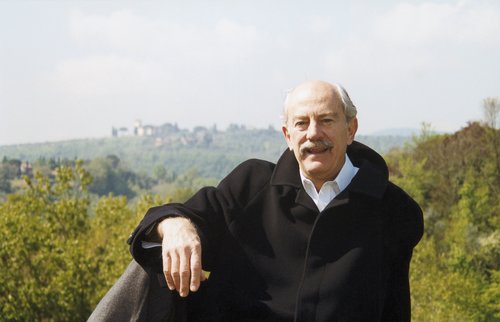Three Musical Portraits of Cuba
Cuba is home to one of the world’s richest musical melting pots…the vibrant convergence of west African and European (especially Spanish) musical traditions over 500 years of history. From rumba and son cubano to Afro-Cuban jazz and salsa, this Latin musical stew often features dizzying rhythmic complexity while retaining a suave sense of “cool.” Clave rhythm, the source of this “cool” complexity, gives Latin music its unique sense of swing. It’s a rhythmic …


